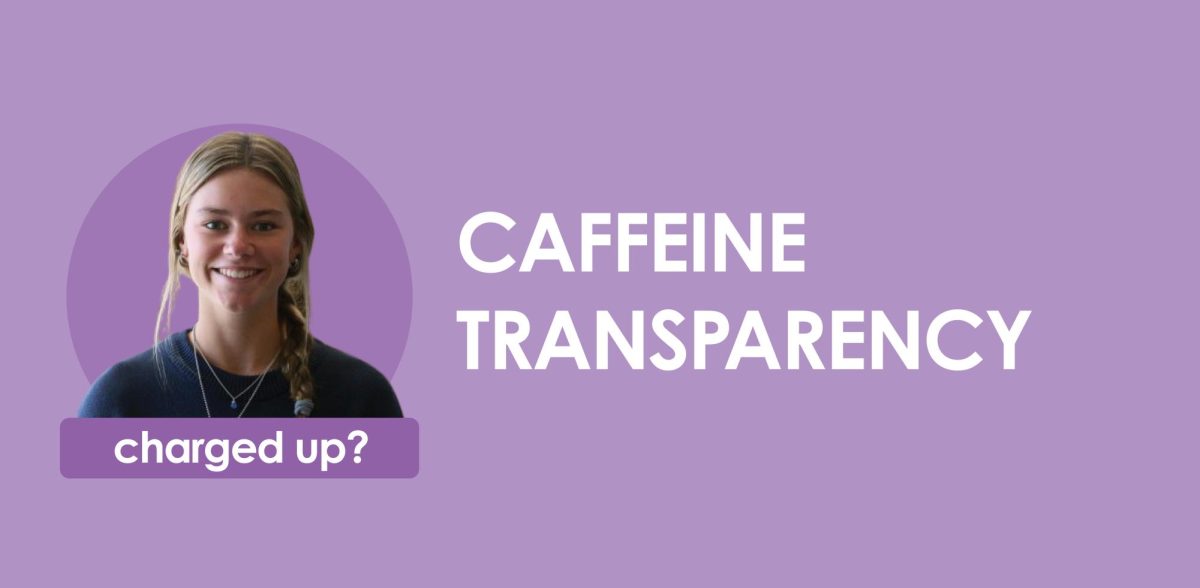For most, caffeine is a daily part of life. According to researchers from Pennsylvania State University, approximately 85% of the U.S. adult population consumes at least one caffeinated beverage per day. But as common as it is, caffeine is a stimulant drug, and daily intake should be regulated. The FDA says that 400 mg of caffeine is the high end for a “safe” dose for healthy adults. However, the levels are lower for sensitive groups such as those with cardiac abnormalities.
Coffee shops and cafes around the country all have their own versions of teas and energy drinks to supplement for coffee. Panera Bread, for example, has its famous Charged Lemonade, which contains 390 mg of caffeine. Historically, the large amounts of caffeine in the Charged Lemonade have not been well advertised, being marketed “with as much caffeine as our dark roast coffee.” But this advertisement could be very misleading. According to the Panera Bread menu, a large dark roast coffee has 268 mg of caffeine, which is comparable, not to the large Charged Lemonade, but to regular Charged Lemonade, containing 260 mg of caffeine.
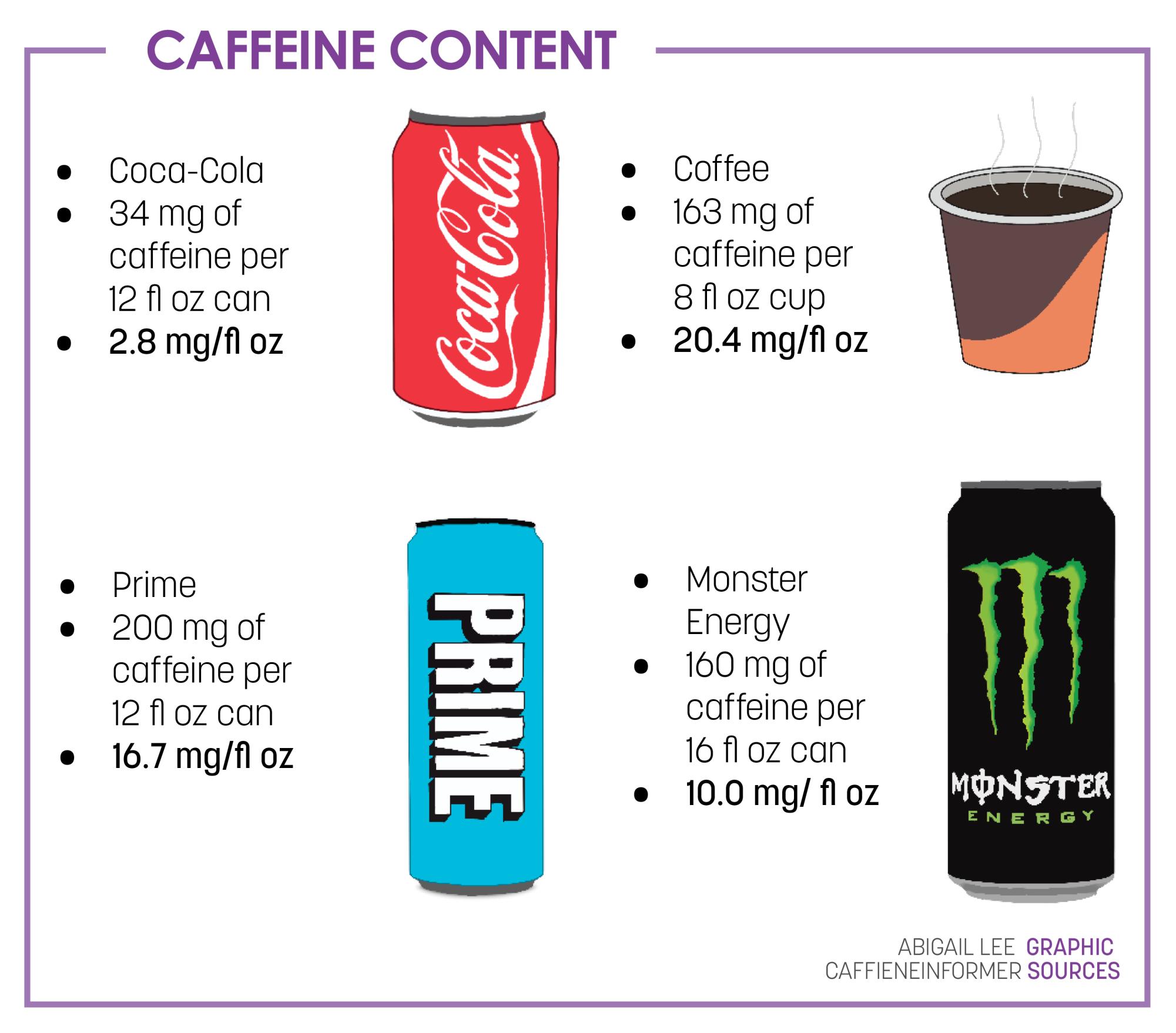
This fault in the advertising has led to a lawsuit against Panera. According to CNN, a college aged student with a known heart condition died after drinking a Charged Lemonade. According to the lawsuit, the student was unaware of the extreme caffeine content in the drink. Although the student had a unique circumstance of a higher sensitivity to caffeine, the levels may still be too high for students. The Columbia University Irving Medical Center says that people aged 12 to 17 should have no more than 100 mg of caffeine a day, which is less than the amount in the smallest size of Charged Lemonade.
The lack of transparency by Panera Bread and other companies offering comparable offerings when it comes to advertising caffeine content puts people at risk for unknowingly consuming caffeine levels above the recommended threshold. This can be problematic, especially for younger people who are not aware of the dangers of caffeine.
While students must take some responsibility to learn about the ingredients of their beverages, companies need to make that process easier. Overall, transparency regarding caffeine content and food labels in general are necessary for public safety.
The views in this column do not necessarily reflect the views of the HiLite staff. Reach Addison Joyce at [email protected].

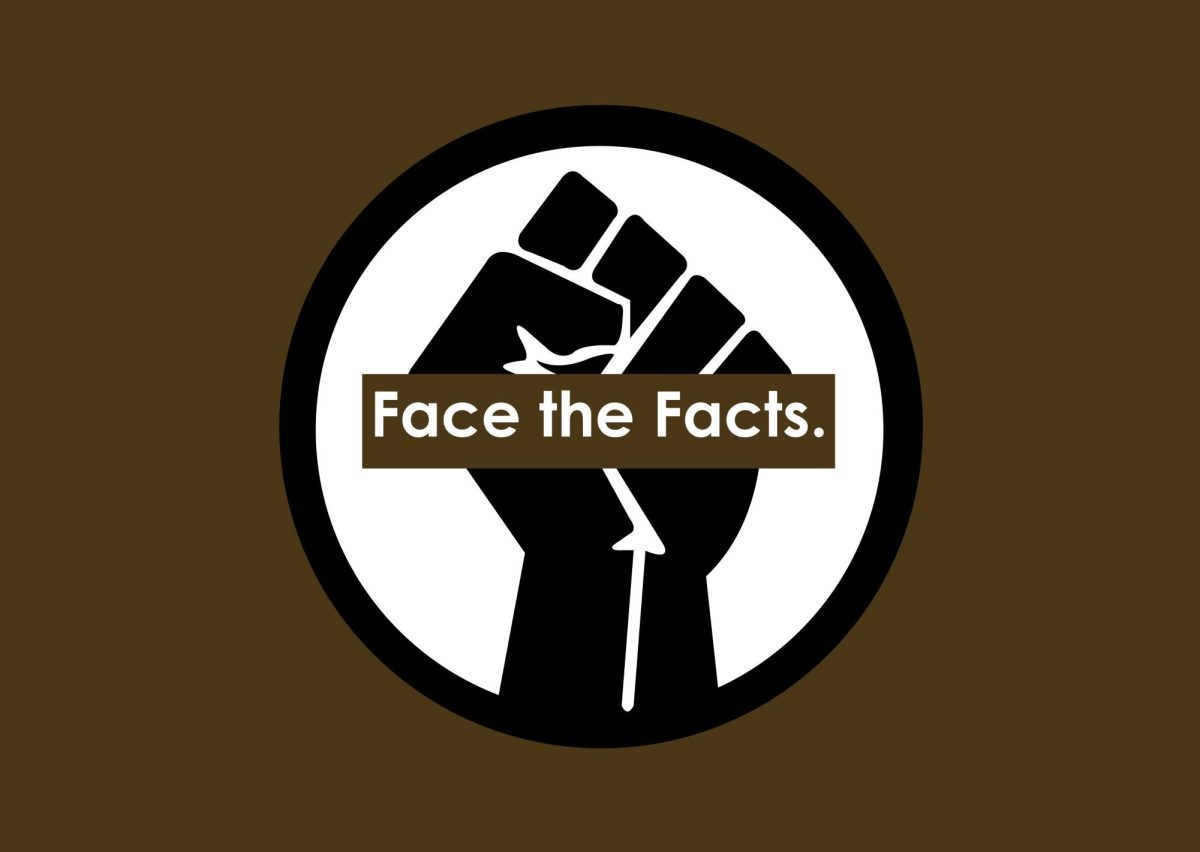








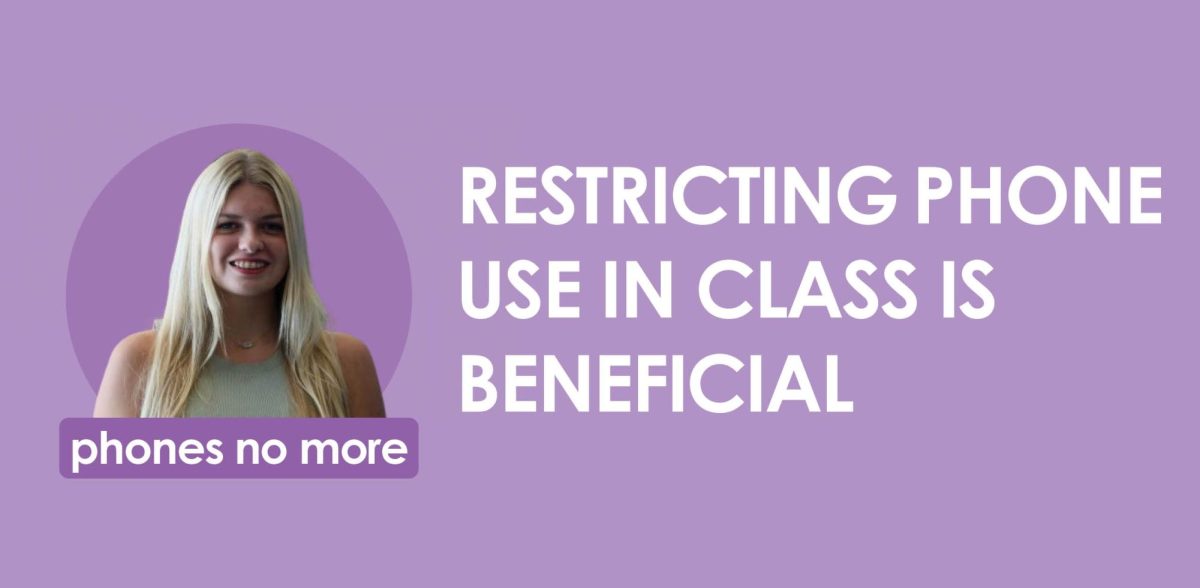
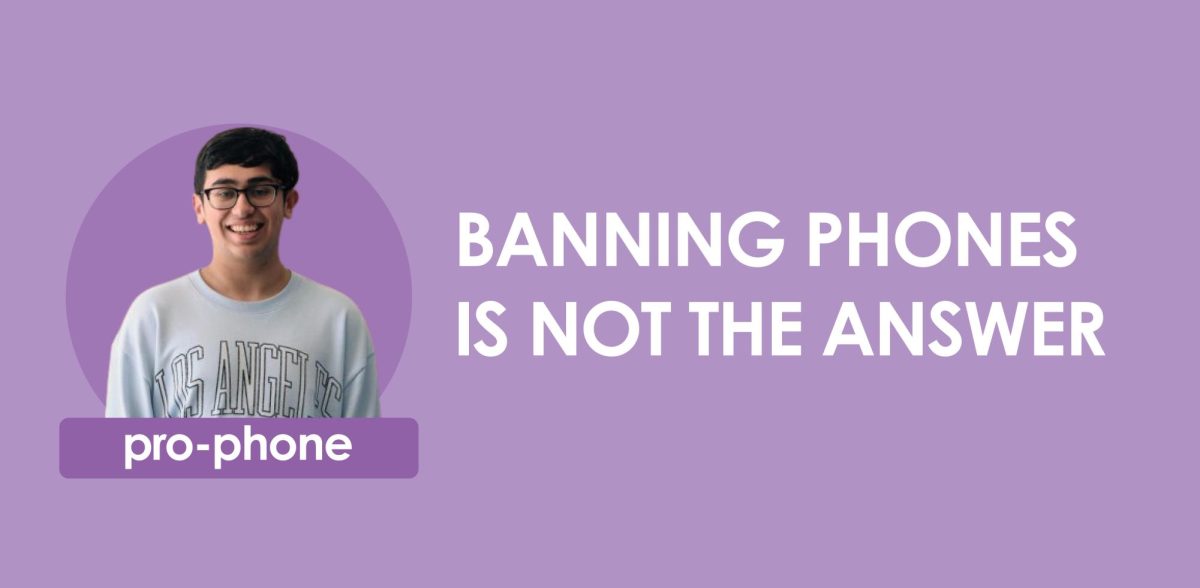
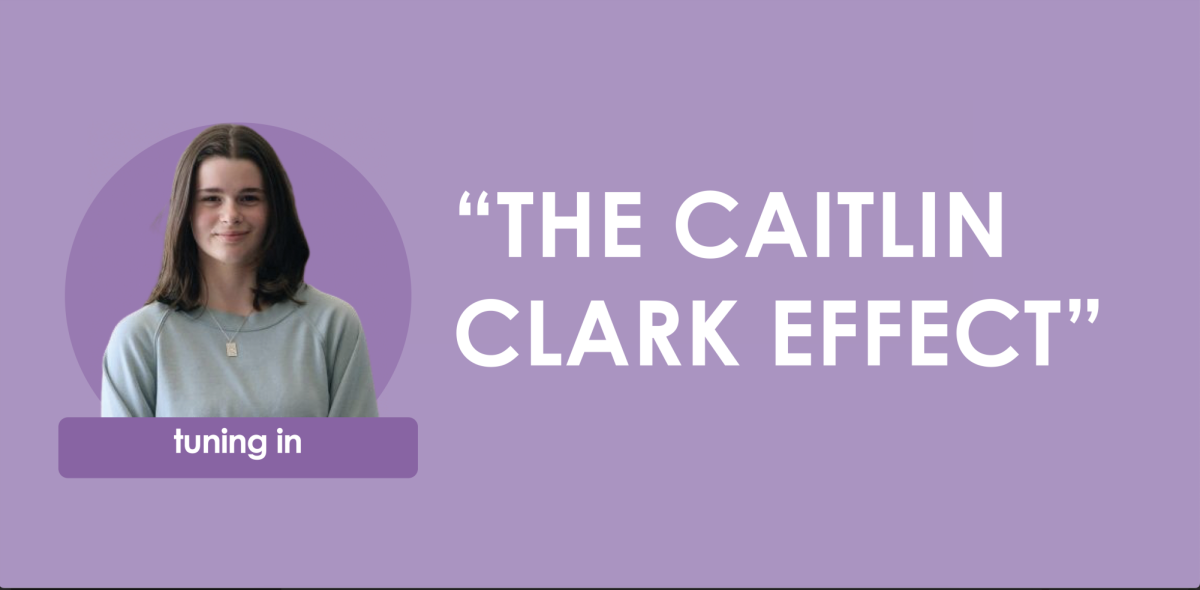


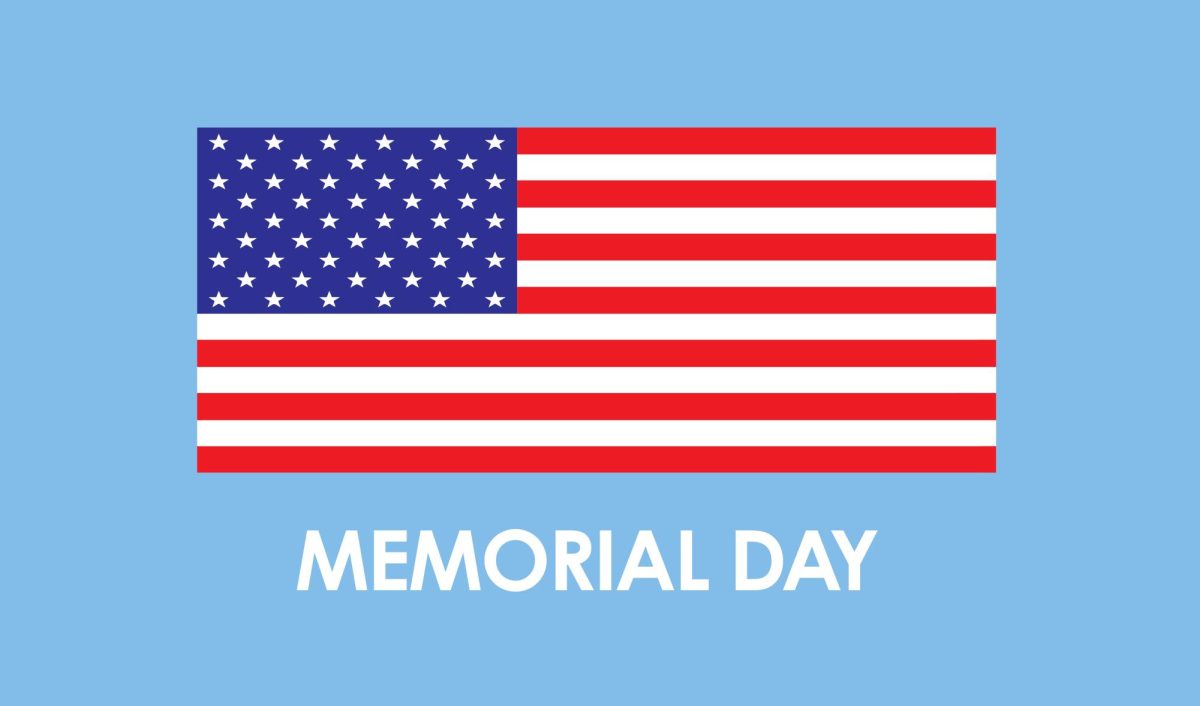














![Family vlogger controversy, need for content reform [opinion]](https://hilite.org/wp-content/uploads/2024/05/Screenshot-2024-05-14-11.33.37-AM-1200x465.png)





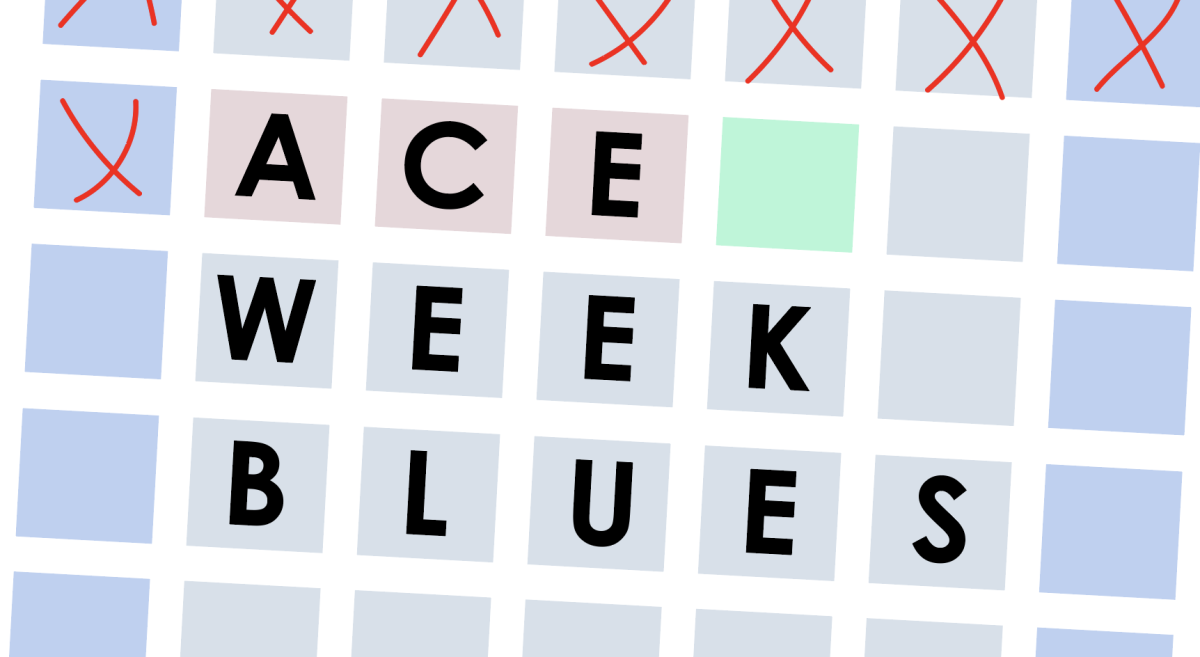
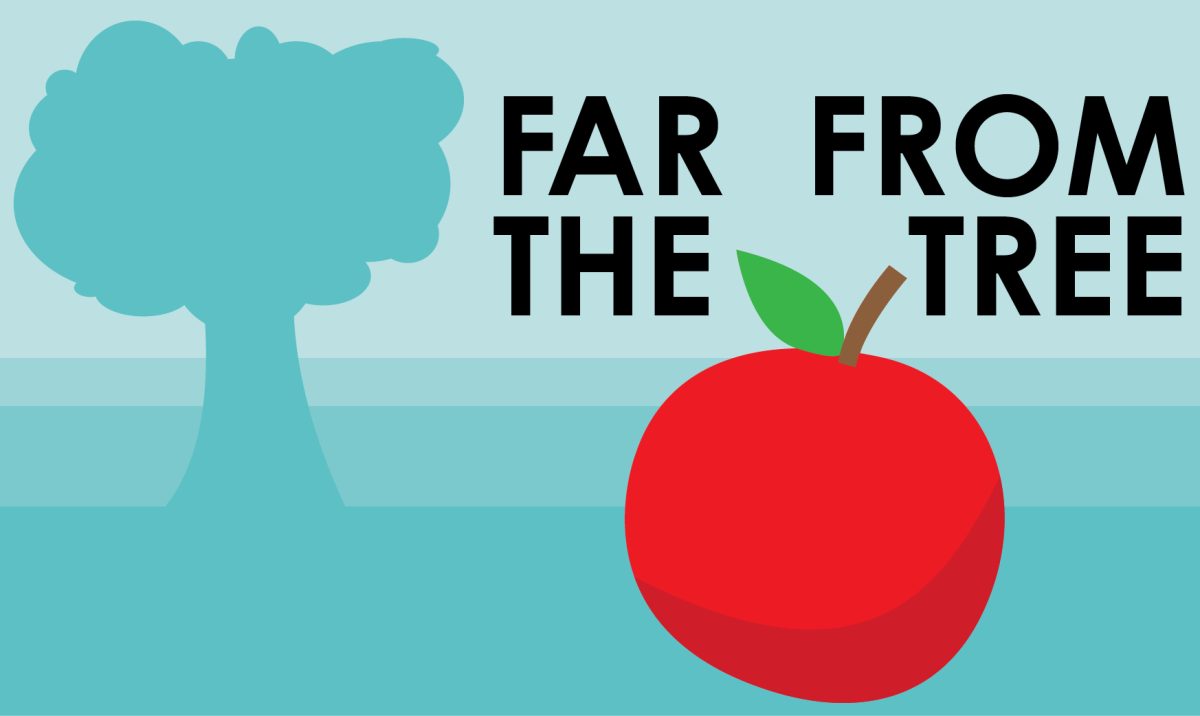
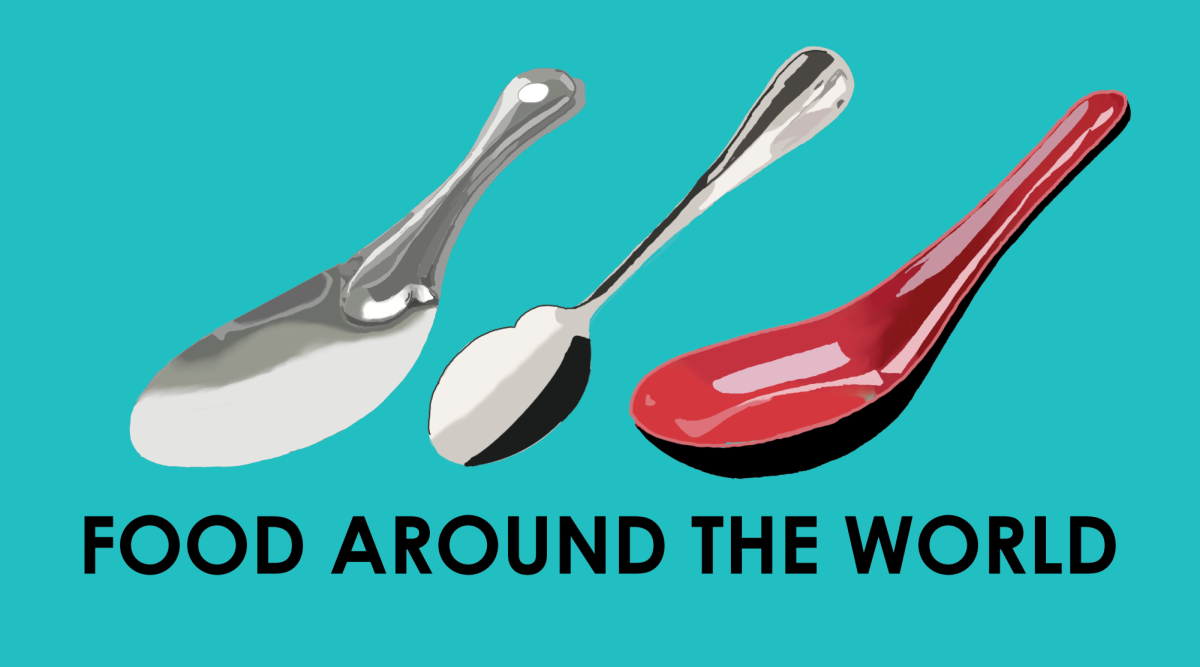






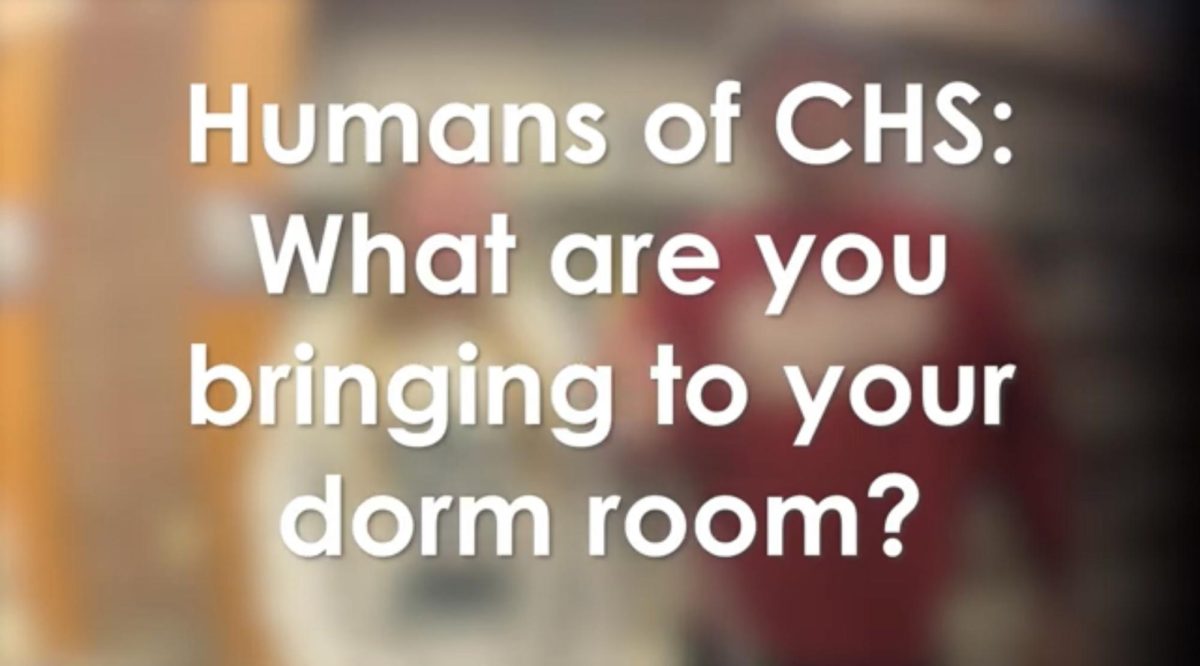








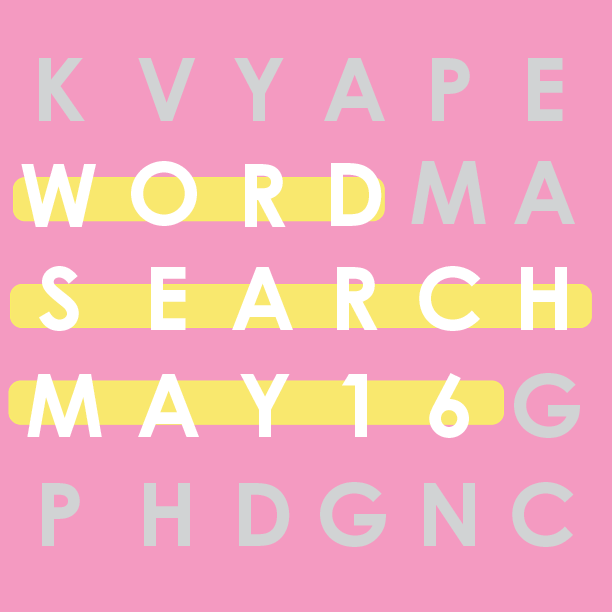
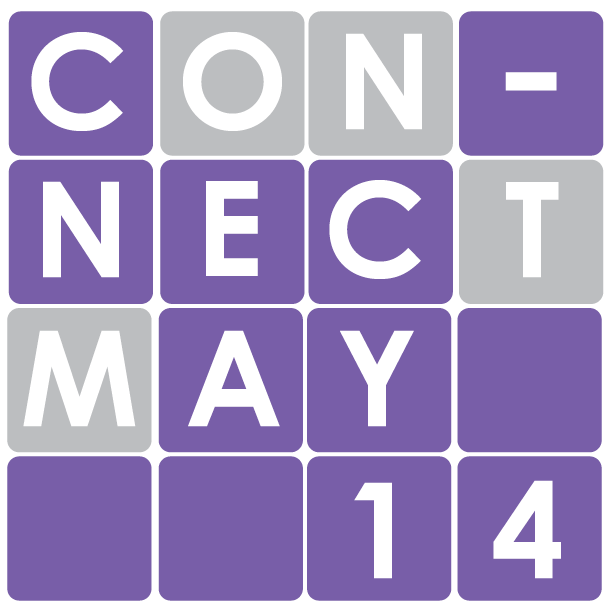
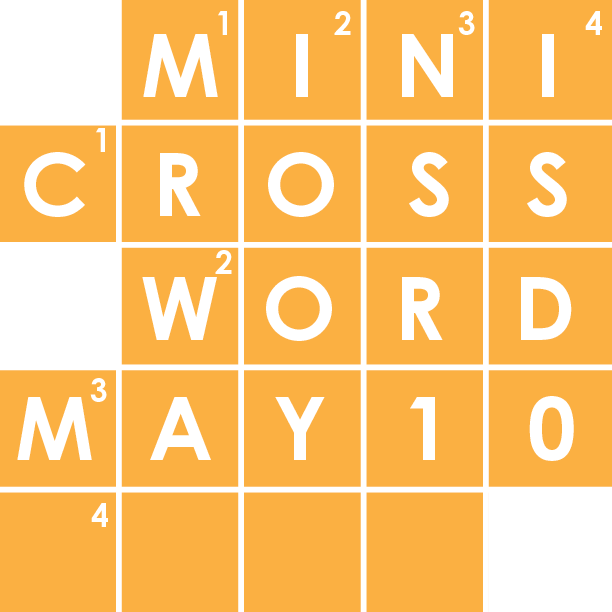
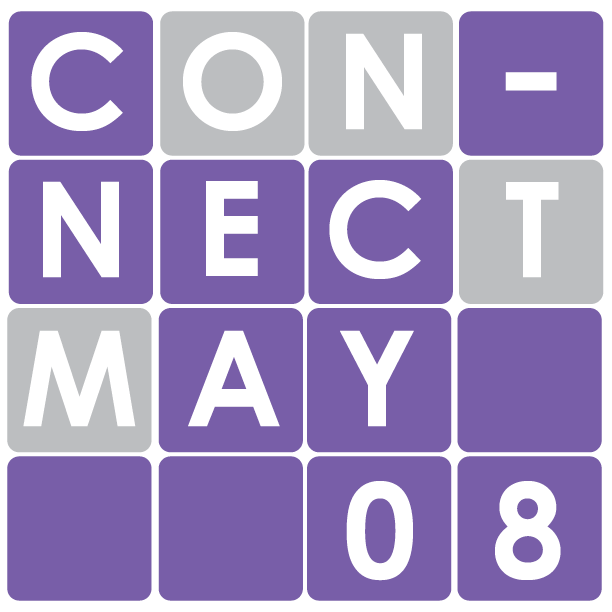
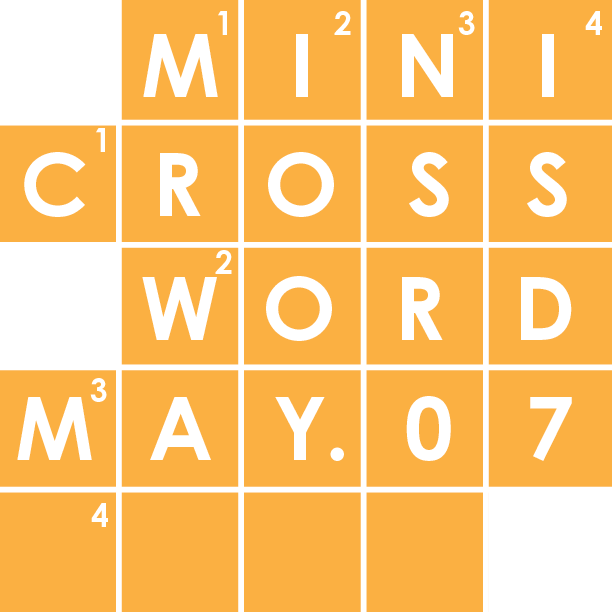
![Review: Taylor Swift’s new album The Tortured Poets Department is not her best work but is still a brilliant album [MUSE]](https://hilite.org/wp-content/uploads/2024/05/The-Anthology_Cover-1200x675.webp)
![Review: Challengers does it all [MUSE]](https://hilite.org/wp-content/uploads/2024/05/challengers-poster-1200x600.png)
![Review: A House of Flame and Shadow by Sarah J. Maas was a disappointing read [MUSE]](https://hilite.org/wp-content/uploads/2024/05/house-of-flame-and-shadow-feature.png)
![Review: Conan Gray’s new album, “Found Heaven”, is a refreshing twist on modern music [MUSE]](https://hilite.org/wp-content/uploads/2024/05/Screenshot-2023-10-31-at-16.01.05.webp)
![Review: “Bodies, Bodies, Bodies” is the quintessential Gen-Z movie [MUSE]](https://hilite.org/wp-content/uploads/2024/05/Screenshot-2024-05-15-140618.png)
![Review in Print: Maripaz Villar brings a delightfully unique style to the world of WEBTOON [MUSE]](https://hilite.org/wp-content/uploads/2023/12/maripazcover-1200x960.jpg)
![Review: “The Sword of Kaigen” is a masterpiece [MUSE]](https://hilite.org/wp-content/uploads/2023/11/Screenshot-2023-11-26-201051.png)
![Review: Gateron Oil Kings, great linear switches, okay price [MUSE]](https://hilite.org/wp-content/uploads/2023/11/Screenshot-2023-11-26-200553.png)
![Review: “A Haunting in Venice” is a significant improvement from other Agatha Christie adaptations [MUSE]](https://hilite.org/wp-content/uploads/2023/11/e7ee2938a6d422669771bce6d8088521.jpg)
![Review: A Thanksgiving story from elementary school, still just as interesting [MUSE]](https://hilite.org/wp-content/uploads/2023/11/Screenshot-2023-11-26-195514-987x1200.png)
![Review: When I Fly Towards You, cute, uplifting youth drama [MUSE]](https://hilite.org/wp-content/uploads/2023/09/When-I-Fly-Towards-You-Chinese-drama.png)
![Postcards from Muse: Hawaii Travel Diary [MUSE]](https://hilite.org/wp-content/uploads/2023/09/My-project-1-1200x1200.jpg)
![Review: Ladybug & Cat Noir: The Movie, departure from original show [MUSE]](https://hilite.org/wp-content/uploads/2023/09/Ladybug__Cat_Noir_-_The_Movie_poster.jpg)
![Review in Print: Hidden Love is the cute, uplifting drama everyone needs [MUSE]](https://hilite.org/wp-content/uploads/2023/09/hiddenlovecover-e1693597208225-1030x1200.png)
![Review in Print: Heartstopper is the heartwarming queer romance we all need [MUSE]](https://hilite.org/wp-content/uploads/2023/08/museheartstoppercover-1200x654.png)











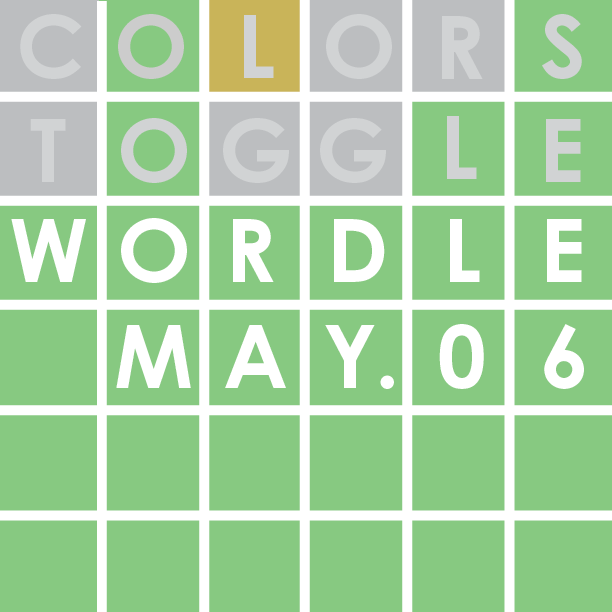

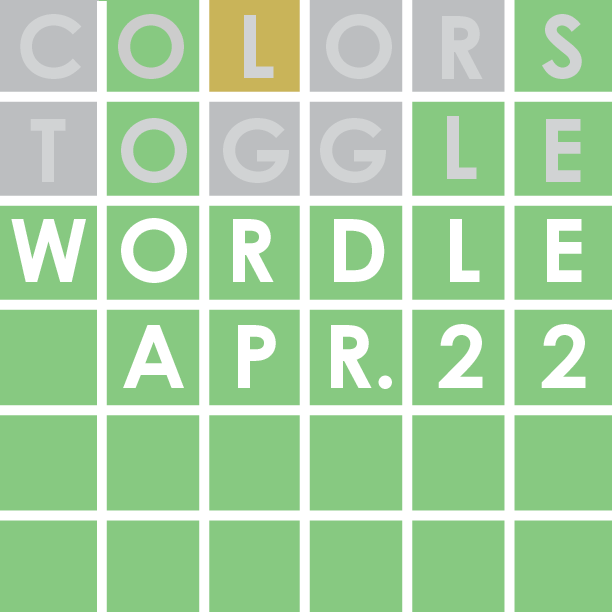

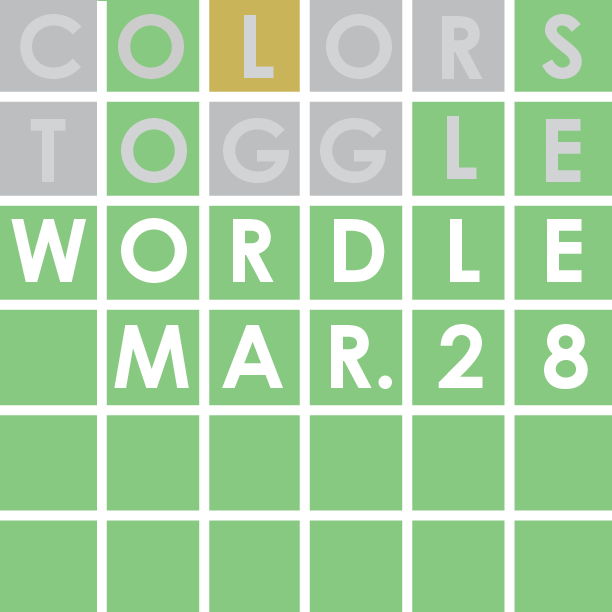






![Review: “Ginny & Georgia” is a dramatic and poorly made emotional rollercoaster–and I loved it anyway [MUSE]](https://hilite.org/wp-content/uploads/2024/03/ginny-and-georgia-season2-main-be37bbb9487a41e88b3f66c3baacd5c3-300x177.jpg)
![Review: Witch Hat Atelier is a masterpiece in art and world-building, but the story has only begun [MUSE]](https://hilite.org/wp-content/uploads/2024/01/unnamed-211x300.png)
![Review: “Mysterious Lotus Casebook” is an amazing historical Chinese drama [MUSE]](https://hilite.org/wp-content/uploads/2024/03/0-300x170.webp)
![Review: “A Little Life” by Hanya Yanagihara is the epitome of a heartwrenching masterpiece [MUSE]](https://hilite.org/wp-content/uploads/2024/01/unnamed-5-300x200.png)


